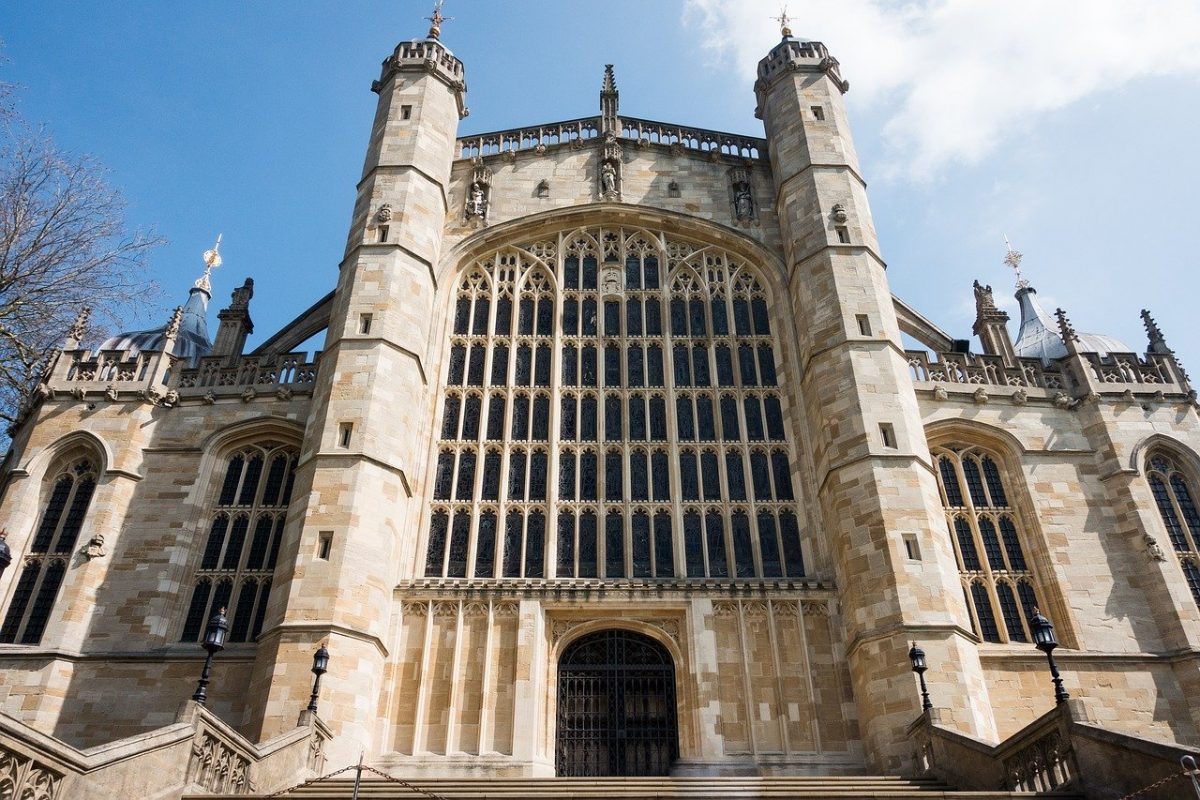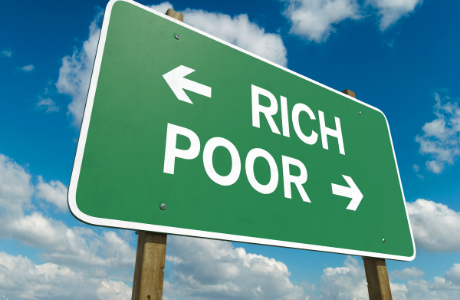Christie and I just finished watching the Apple Cider Vinegar series on Netflix. Many people were discussing it, and we found the story intriguing. If you plan to see it, be warned that the six episodes contain strong, coarse language and disturbing themes, including stillbirth, terminal illness, and drug use.
The timing of the series couldn’t be better. With Robert F. Kennedy Jr. poised to assume one of the world’s most influential health positions, it is a stark reminder that wellness quackery remains alive and well. We must be cautious and discerning in our approach to health and wellness, especially considering current popular trends.
Truth/Fiction
The series is an excellent Aussie production about wellness guru Belle Gibson, who claimed: “She treated her own cancer solely through nutritious meals and alternative medicine and how she built a successful lifestyle brand around the lie.”
While that part of the story is authentic, the series employs believable fiction to convey its message. American actor Kaitlyn Rochelle Dever plays Belle Gibson and perfectly captures the Aussie accent. The rest of the cast consists mainly of outstanding Australian actors.
My Story
I am not writing this blog as a cynic. I have used natural therapies for decades and continue to do so. My GP employs a combination of medical and alternative remedies. In my blog, I discussed one example of this: “Help! I need to lose weight.”
I’ve always had an interest in health, diet, exercise, and well-being. Until the age of 21, I explored various New Age teachings. After dedicating my life to Jesus, I prioritised holistic health—mind, spirit, and body. However, I have also witnessed some misuse of these principles that led to premature death. Christians should exercise wisdom in all areas of life, and achieving a balance in health practices is essential.
Hyper Faith
Many years ago, a lovely couple joined Bayside Church. They’d moved from interstate because the wife had cancer and needed to be closer to her treatment. They’d been part of a Word of Faith church where the pastor recommended healing prayer rather than medical treatment.
By the time they moved to Melbourne, the cancer had progressed and eventually became untreatable. We held 24-hour prayers for her, and many people fasted. Sadly, this precious woman passed away. If she had adhered to medical advice, she might have fully recovered, but instead, she received poor guidance from her pastor.
I attended a Word of Faith church in Perth for several years. Churches like this have much to offer, but an overemphasis on the Christian’s divine right to physical health and prosperity can be dangerous. Word of Faith teaching often leads to disappointment (when God doesn’t come through) and blame (if it’s not God’s fault, then it must be yours). Be cautious of any Christian who advises you to ignore medical advice or to discontinue medications. For more on this, listen to my teaching series, Ending the Confusion about Healing.
Divine Healing
My previous comments are not meant to discredit supernatural healing. I have experienced God’s intervention several times when I was unwell. I have prayed for people and seen them healed—including from cancer. I have also prayed for people who continue to suffer or pass away.
Healing is a complex subject and certainly not equivalent to salvation. “Everyone who calls on the name of the Lord will be saved,” but not everyone who prays for healing—or is prayed for—will experience healing. Christians must learn to distinguish between the temporal and the eternal. Concerning our bodies, Scripture states, “Outwardly we are wasting away, yet inwardly we are being renewed day by day.”
Temple Care
Our body’s limited lifespan should not be an excuse for neglecting it. Paul wrote: “Do you not know that your bodies are temples of the Holy Spirit, who is in you.” Reflect on that. Our bodies are temples of God’s Spirit. How well are you caring for your temple?
It concerns me when Christians overemphasise their spiritual life at the expense of their physical health. I’ve observed Jesus’ followers at fellowship lunches and in conference green rooms shovel large quantities of processed “food” into their mouths with little regard for the consequences.
As I mentioned in the blog, “Help! I need to lose weight,” I neglected my health during the first year of the COVID-19 pandemic, which led to my becoming pre-diabetic. My doctor prescribed medication for this, but it served as a wake-up call to return to healthy eating and exercise, allowing me to enjoy the resulting weight loss. I lost 17 kilos, my pre-diabetic status reversed, and I was taken off the medication.
How many physical conditions and illnesses stem from poor diets, sedentary lifestyles, and excess weight? I do not imply that these factors cause all illnesses, but I am fascinated by how our bodies—our temples—respond to care.
Big Pharma
During the pandemic, we heard people refer to Big Pharma in a derogatory manner. When I first encountered the term, I thought they were talking about a tall man working on the land. The expression originated in the 1990s and has come to imply that pharmaceutical companies have a sinister agenda focused on keeping the population ill and dependent on their drugs. “They” know there’s a better way, but “they” conceal it from you because they are profiting. It’s the David and Goliath story revisited. We’re the little guy standing up to big brother.
This blog is not about defending the medicinal sector. Like many other businesses and organisations (churches included), I recognise that the pharmaceutical industry has been responsible for abuses. Numerous TV series have aimed to expose its corruption.
But let’s not throw the baby out with the bathwater. Many medicines are derived from plants (such as aspirin, penicillin, and powerful painkillers like OxyContin, morphine, and codeine) and animals (including blood thinners, antidiabetics, and anaesthetics). I believe God created these things for our benefit. Over the centuries, astute individuals have discovered treatments that cure illnesses and alleviate human suffering. Many benefits remain undiscovered. It’s like a divine treasure hunt that will lead to more cures in the future.
Last year (2024), the Australian pharmaceutical market was valued at AUD 20.84 billion. In a decade, it is expected to exceed AUD 40 billion. The global pharmaceutical market was estimated at US$1.5 trillion in 2023 and is projected to double by 2034. This is a significant industry, but so is the dietary supplements sector, which was valued at nearly US$200 billion last year. Vitamins make up the lion’s share of this industry, many of which are unnecessary in a healthy diet. They essentially result in very expensive urine.
A Call to Wisdom
God’s people are called to live according to wisdom. James wrote, “The wisdom from above is first pure, then peaceable, gentle, open to reason, full of mercy and good fruits, impartial and sincere.” A wise person will remain open to reason about their spiritual and physical well-being.
I encourage you to eat healthily and exercise regularly. To age well, include cardio, stretching, and resistance training in your weekly routine. If you’re unwell, seek medical help and request prayer, pastoral care, or counselling.
Listen to experts. If you’re uncertain about treatment, seek a second opinion. Don’t confuse a Google search with genuine research. Visit your GP for regular check-ups. Never stop taking prescribed medications without consulting your doctor. Steer clear of wellness influencers and anyone offering simple solutions to complex issues. For example, research suggests that social media posts about cancer contain up to 80 per cent misinformation.
Finally, connect with others. Engaging in a supportive church community and volunteering are excellent ways to promote well-being. Regarding apple cider vinegar, there is limited evidence for its benefits, but it is generally safe when used properly.







 One in two Australian men will have had a mental health issue at some time in their lives. According to the
One in two Australian men will have had a mental health issue at some time in their lives. According to the  Men’s mental health and suicide is something that touches (or will touch) us all. Early intervention is a key strategy in mental health recovery. I encourage you to start and continue those difficult conversations with loved ones, stay connected to your community and seek help if you recognise some warning signs in yourself or another.
Men’s mental health and suicide is something that touches (or will touch) us all. Early intervention is a key strategy in mental health recovery. I encourage you to start and continue those difficult conversations with loved ones, stay connected to your community and seek help if you recognise some warning signs in yourself or another.



